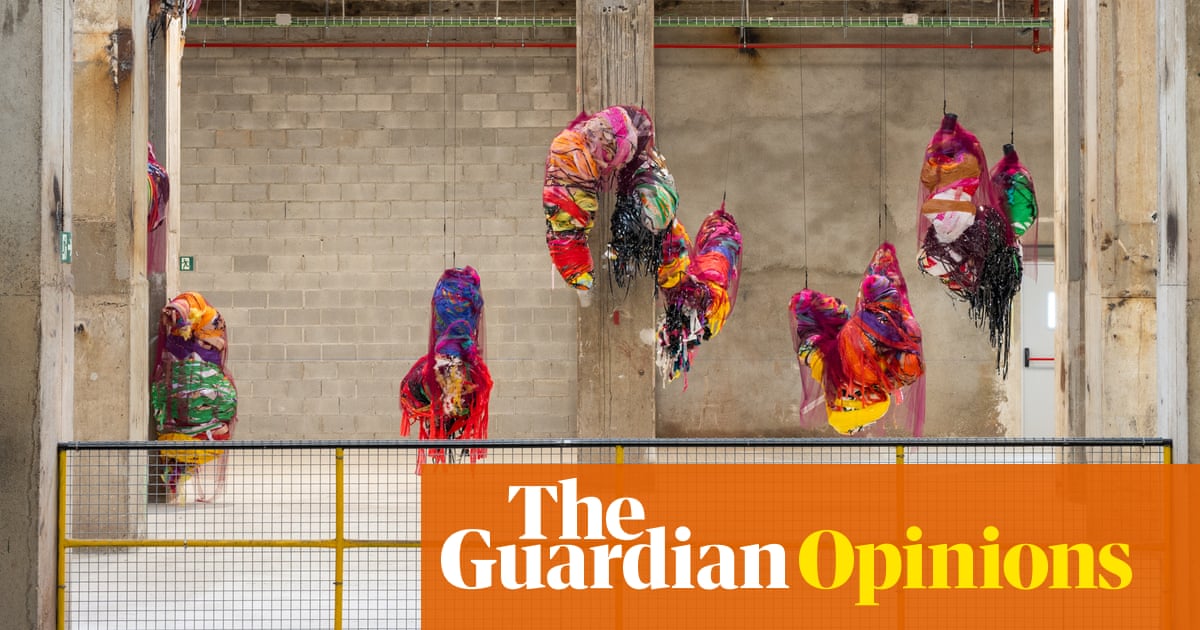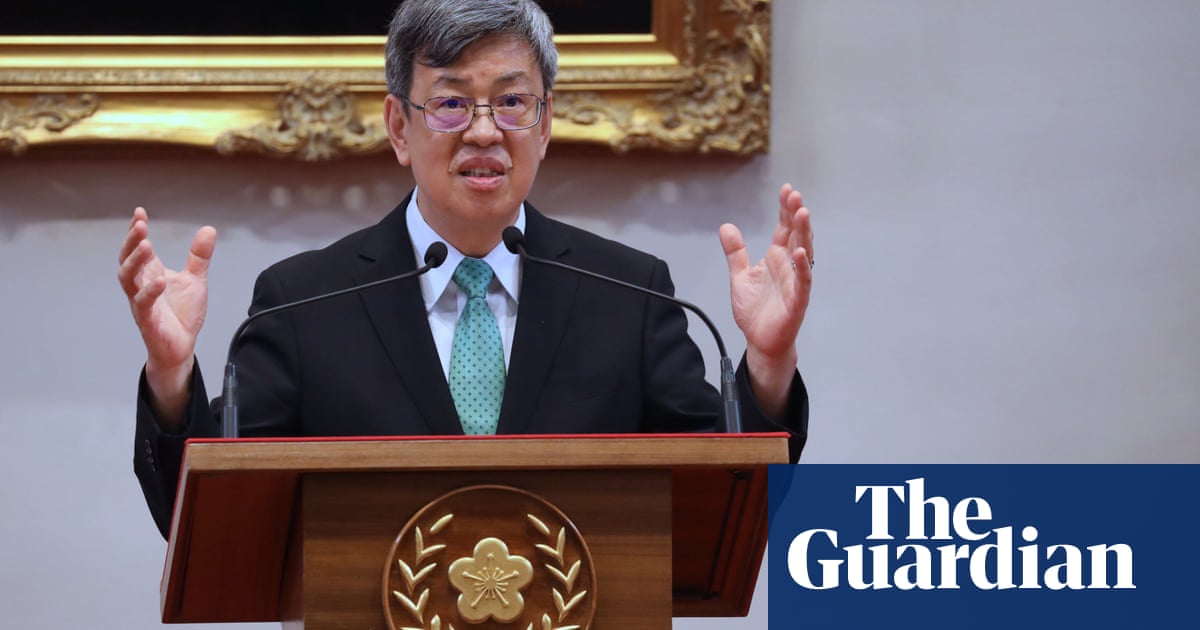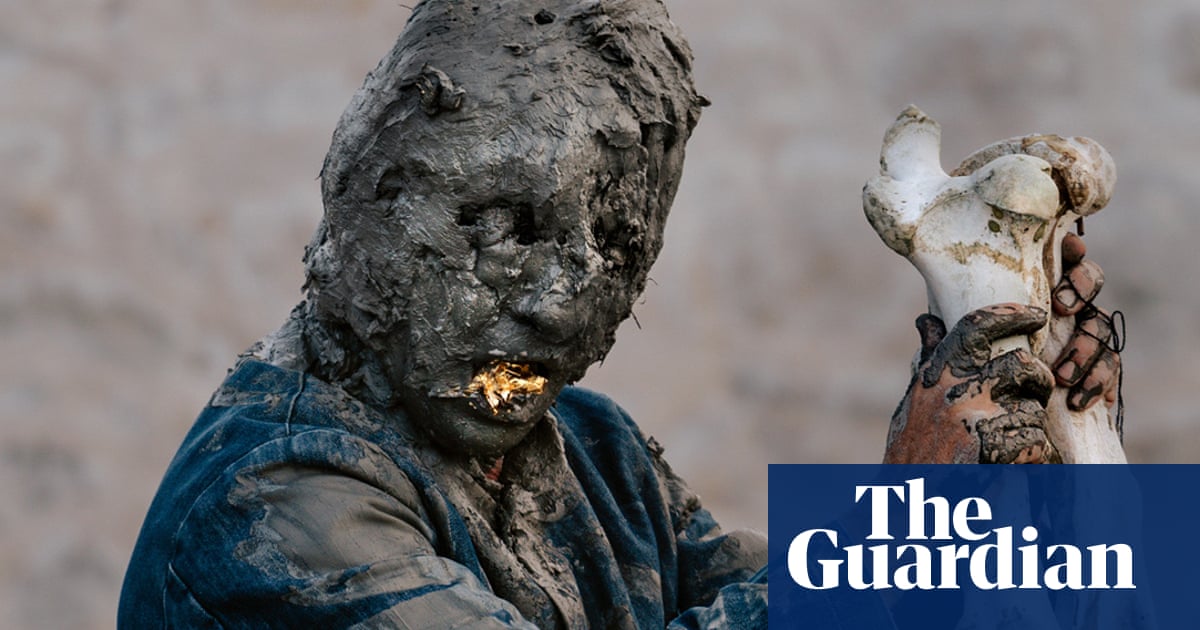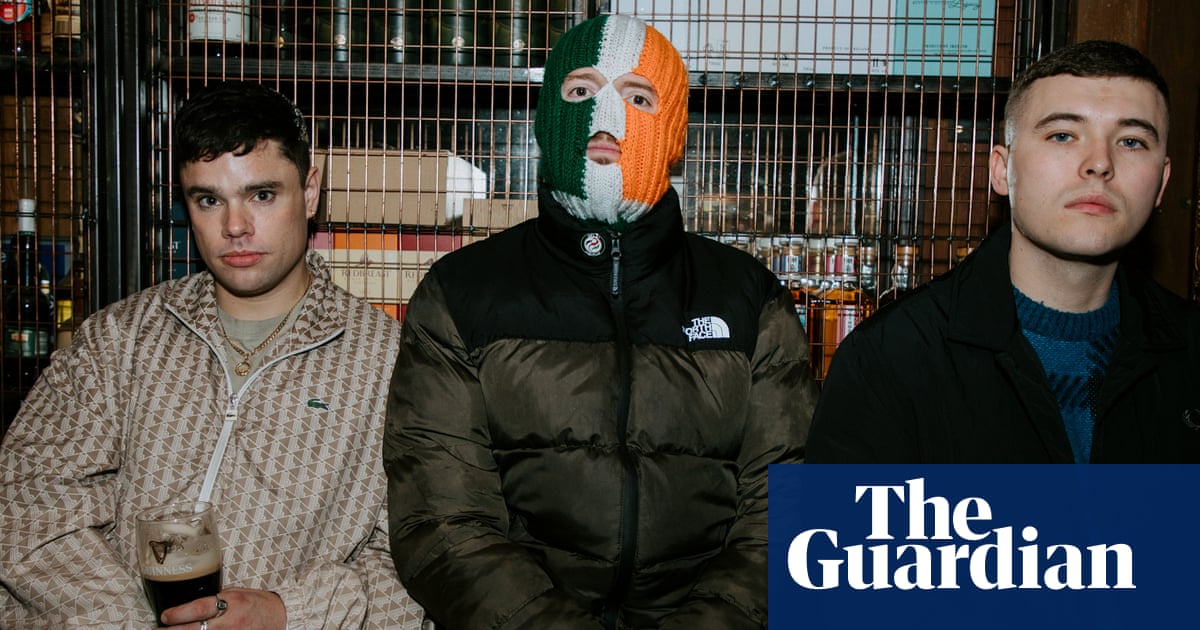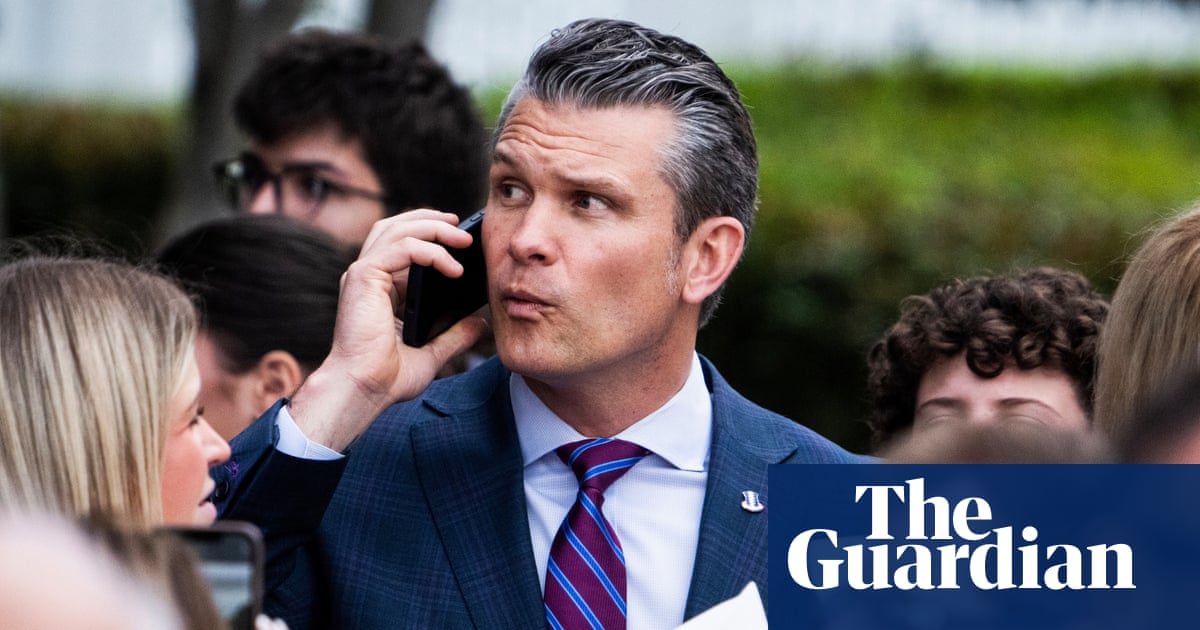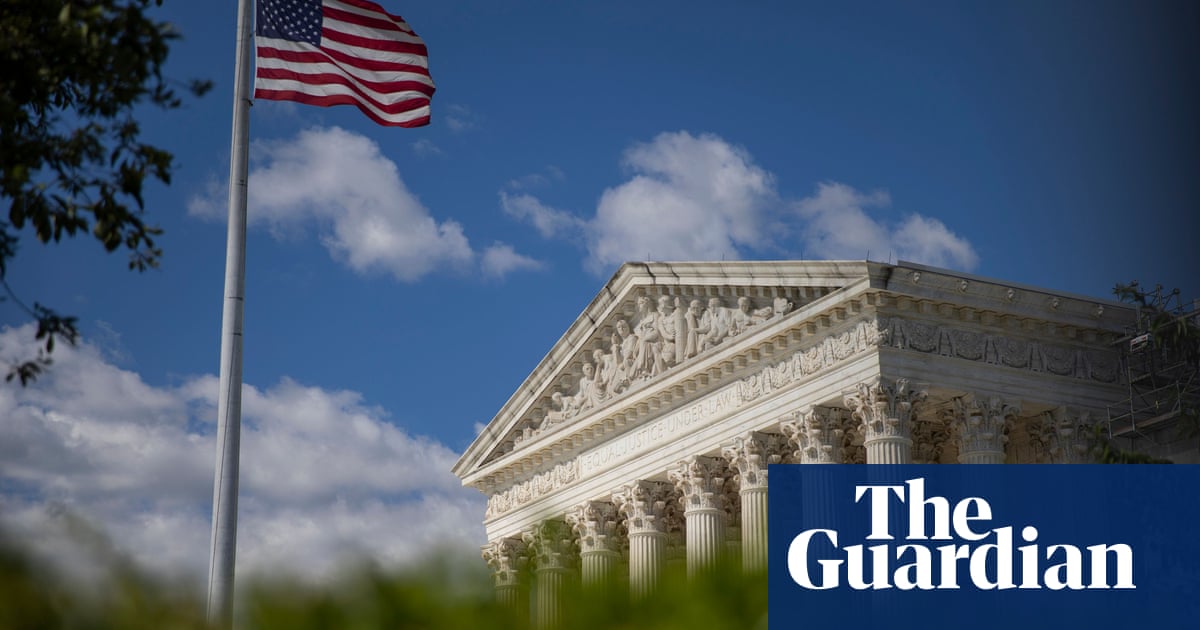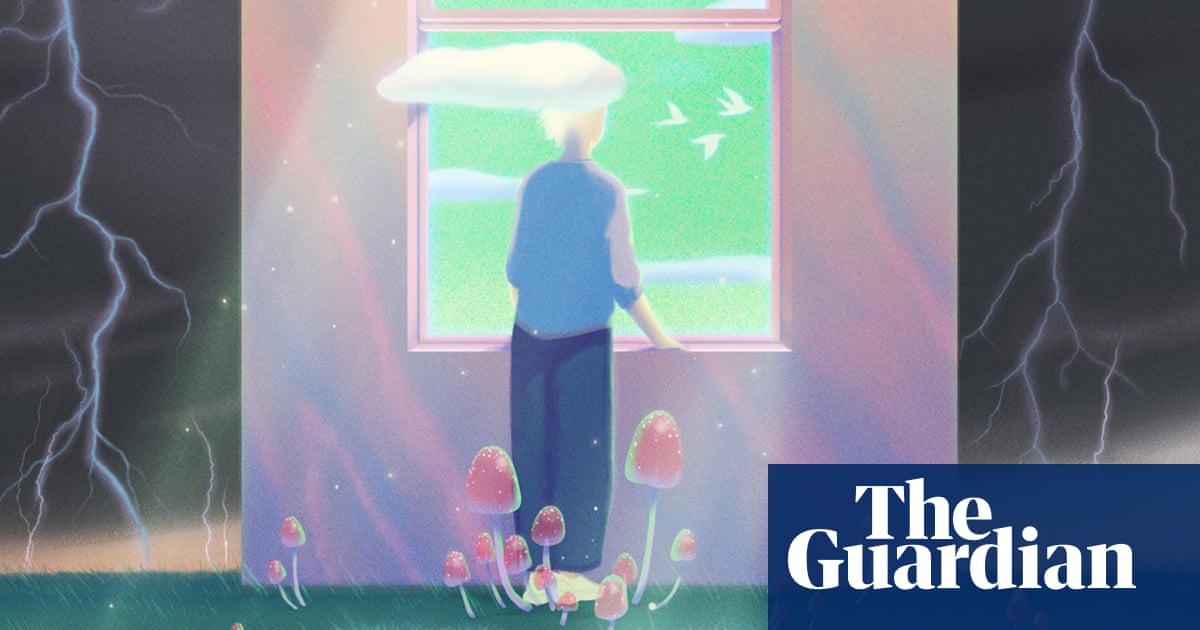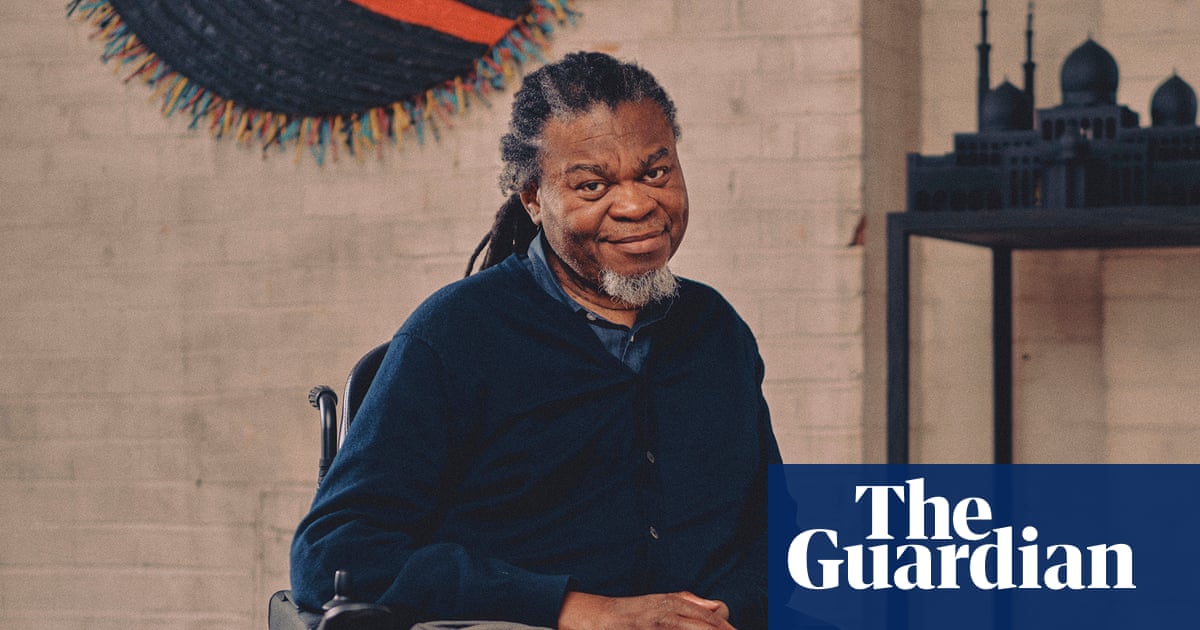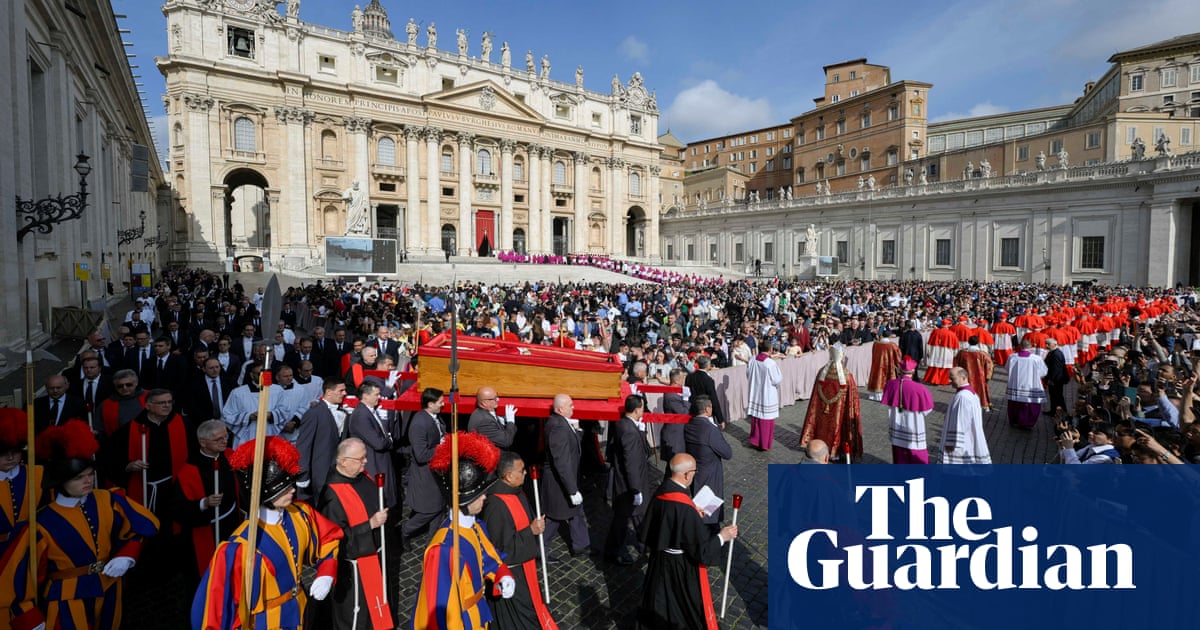At first, a little unkindly, I wonder how much drama there could be in Boyzone: No Matter What. I blame my Smash Hits-influenced recollections of a more wholesome boyband than most – but still, I question what this documentary could possibly have to expose about them. The pain of performing shirtless, even though you’re still wearing a waistcoat and tie?
Very quickly, any scepticism disappears. This three-parter is another addition to the increasingly popular “bad tabloids” genre of film-making, in which celebrities of the recent past reveal how much behind-the-scenes manipulation they had to deal with and the extent to which it ruined their lives. Like many showbiz-pages fixtures of the time, Boyzone’s members were put through the public ringer. Here, they tell all about their rise to success and their inevitable spectacular implosion, while discussing how the strings were being pulled – and who they think was pulling them.
If you wondered why there wasn’t a lot of Boyzone in the recent BBC series Boybands Forever, maybe it is because they were saving it all up for this. It is gripping from start to finish. You know it is going to be juicy, because within moments, Ronan Keating has accused his and the band’s former manager Louis Walsh of saying “vicious, bitching” things about him to the press. Walsh, meanwhile, responds tartly: “They believed their own publicity. They forgot I wrote it.”

Some relationships in the Boyzone camp have disintegrated, and been painstakingly rebuilt over the years; others were simply smashed to smithereens. Every member of the band gets to say how they remember it. Stephen Gately, who died of a heart condition aged 33, in 2009, speaks here in voiceover from archive interviews, while his sister Michelle rounds out his story with love and dignity.
It starts in the early 1990s, with ambitious teenage boys in Dublin auditioning for an Irish boyband to rival Take That. Walsh put seven members together, then immediately – as in, the very next day – had them performing on TV on The Late Late Show, which was a huge deal in Ireland at the time. The clip frequently does the rounds online, as they dance goofily to a thumping backing track. Even after 30 years, it is clear that some of them still find it excruciating.
Shortly after this hasty debut, Walsh cut the lineup to five, with all the ruthlessness of a Traitors opening episode twist. It left the remaining boys in a state of managed insecurity: even as their success became certain, it seems the competitiveness never quite abated, and the jostling for centre stage became a trigger-point in their relationships. At times, Keating seems almost as ruthless as Walsh. At others, he is self-aware and insightful about how certain events came to play out as they did.
It wasn’t too long before Boyzone became one of the biggest boybands in the world. Walsh worked with the tabloids to keep them in the limelight, even if the stories were exaggerated or completely made up. Anyone who has seen a documentary like this will be able to hum along to its familiar tune, from the extensive world tours and complete exhaustion to the band member who makes a break for a solo career and the toxicity of tabloid intrusion.
When he was 23, Gately came out as a gay man in the pages of the Sun – a massive deal, at that time, for a pop star who was adored and lusted after by millions of female fans. There is a sense that it was not his choice, and one of the most poignant, and telling, scenes in the whole documentary sees Keating, Walsh and Michelle Gately look at the front page splash that revealed the “news”. Even now, Keating is angry and upset about what happened, while Gately’s sister is clearly distressed. And Walsh? “I love it,” he says. “He got the front page.” The tabloids’ coverage of Gately’s death, meanwhile, just 15 years ago, was soaked in homophobic assumptions. It remains disgraceful today.
Keating’s decision to go solo, in 1999, effectively ended the group for many years. The episodes follow their on-off relationship as a band, right through to their final split in 2019. If Mikey Graham was always “the quiet one”, this gives him a voice, as he justifies his decision to stay away from what he says had become a “toxic environment”. Their accounts of the last five shows as Boyzone sound bleak and joyless.
This has a confessional feel to it, and there is a sense that some of those here are still working out their issues. Their troubles certainly make for compelling television, however, and offer a revealing peek behind the curtains of fame in the 1990s.

.png) 2 months ago
25
2 months ago
25



